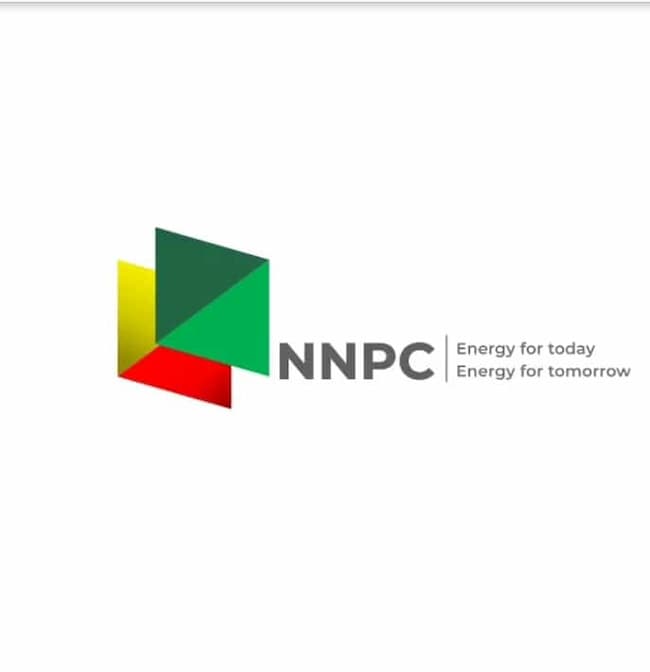Mele Kyari, Group Chief Executive Officer of the Nigerian National Petroleum Company Limited, reports that Nigeria’s oil output was approaching 1.7 million barrels per day as of Saturday, up from 1.28 million barrels per day in April. This comes as the NNPCL CEO revealed that significant gas infrastructure developments are underway in the nation to ensure the transportation of 8 billion stockpiles of gas per day via a large pipeline network during the next four years.
Kyari addressed during a stakeholders’ meeting between the Nigerian Association of Petroleum Explorationists and the NNPCL in Lagos on Saturday. According to Kyari, the nation’s crude oil output is declining owing to theft and vandalism. The NNPCL CEO emphasized the necessity to combat instability in the oil and gas industry to boost production.
“How do you increase oil production? Remove the security challenge we have in our onshore assets. As we all know, the security challenge is real. It is not just about theft, it is about the availability of the infrastructure to deliver the volume to the market.
“No one is going to put money into oil production when he knows the production will not get to the market. Within the last two years, we removed over 5,800 illegal connections from our pipelines. We took down over 600 illegal refineries – cooking pots or whatever they were. You simply cannot get people to put money until you solve that problem,” he stated.
Due to pipeline vandalism, Kyari said everyone resorted to barging, with some spending $21 to transport a barrel of oil to the terminals. He argued that barging and the trucking of petroleum products did not happen in the 1990s.
“Barging is not normal. Barging is not economical, even trucking. In 1991, we didn’t think of barging, even to put oil on the trucks. But that’s what we are doing today,” he stated.
However, Kyari disclosed, “The good news is, there is substantial work that is being done by the government and I’m not going to speak about it. But I know that this will come to pass. It’s already subsiding. We are already seeing the results.
“As of today’s data, we’re inching to 1.7mbpd. We won’t celebrate this. On 17th of April 2020, our production, without doing anything, without drilling new wells, shot to 2.2mbpd. The difference was COVID-19. The thieves, the vandals, everybody went to sleep.
“We should be able to take control of this infrastructure. We are doing many things. I am very sure things are changing and that is why we are seeing the new value that is coming on the table. Production will improve”.
Kyari noted that the AKK pipeline is a key element in the discussion about developing the infrastructure needed to ensure gas supply. He emphasised that the only remaining task to connect the east and the west is a 2.7 km river crossing.
This, he assured, would be completed by the end of May or June, enabling the flow of gas from the east to the west. Speaking, the President of NAPE, Abiodun Ogunjobi, said for efficient gas production and utilisation, the upgrade of existing gas infrastructure as well as the addition of new ones is important.
Also, the Chairman of NAPE’s Board of Trustees, George Osahon, stressed the significance of the NNPCL as the propagator of oil and gas exploration in Nigeria. Osahon urged Kyari for industry support in areas such as the availability of technical training and data for research purposes.
Similarly, the immediate Past BOT Chairman, Chief Chamberlain Oyibo, stated that as the nation’s reserve and production are declining, there is a need for implementation of good policies and incentives for improvement.
He added that industry stakeholders should not be afraid to produce. There appeared to be hope in the offing for Nigeria as its dwindling daily oil production turned a corner in April, rising marginally from 1.23 million barrels per day in March to 1.28 million barrels per day, according to the Organisation of Petroleum Exporting Countries.
According to OPEC’s Monthly Oil Market Report for May, Nigeria’s oil output increased by 50,000 barrels per day last month after falling the previous month.
The country’s oil production dropped from 1.32 million barrels per day in February to 1.23 million barrels per day in March. Kyari’s claim that output had approached N1.7 million barrels per day may be beneficial to the country’s economy.












